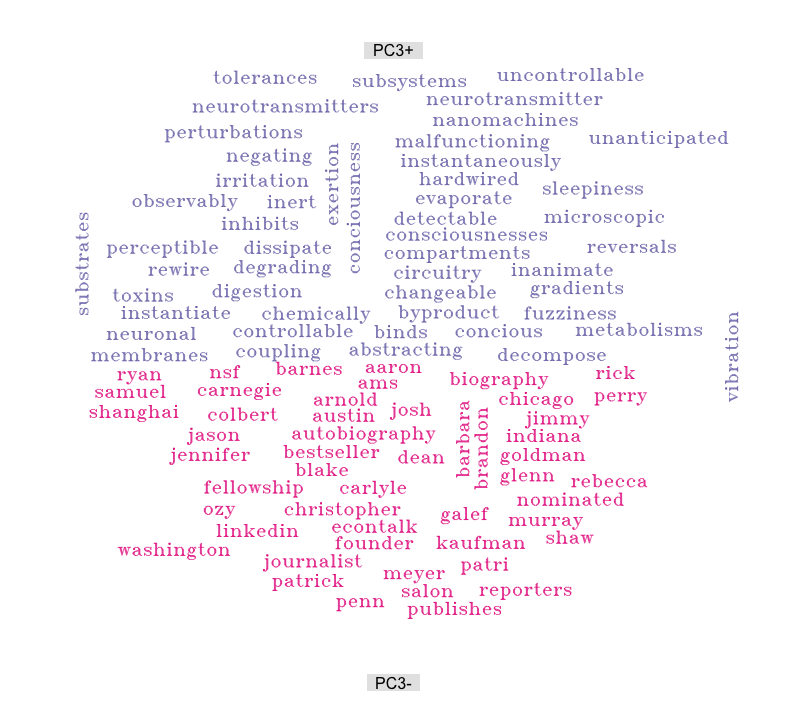In December 2015, Robert Cordwell and I cofounded Signal Data Science (website), which we announced on Less Wrong.
Our first cohort has just concluded, and overall went very well. We're planning another one in Berkeley from May 2nd – June 24th. The program is a good fit for people who are both excited to learn how to extract insights from data sets and looking to prepare for industry data science jobs. If you're interested attending the next cohort, we would love to hear from you. You can apply here, or contact us at signaldatascience@gmail.com.
We offer inquiry-based learning and an unusually intellectually curious peer group. Unlike typical college classes, Signal Data Science focuses on learning by doing. You’ll learn from a combination of lectures, short knowledge-reinforcement problems, and longer, more open-ended assignments focusing on analyzing real datasets. (That’s your chance to discover something new!) Don’t worry if that sounds daunting: our instructors will be there to support you every step of the way.
You’ll learn both the theory and the application of a wide array of data science techniques. We offer a pair programming-focused curriculum, allowing students to learn from each other’s strengths. We cover everything from basic linear regression to advanced, industry-relevant methods like support vector machines and dimensionality reduction. You’ll do an advanced, self-directed project at the end of the course. Curious? Check out our showcase of past students’ final projects. Whatever your interests are—from doing something with real-world, industry-relevant applicability to applying cutting-edge neural nets—we’ll work with you to find a project to match your interests and help you showcase it to prospective employers.
Less Wrong readers might be especially interested by Olivia Schaefer's project, which describes results of doing some natural language processing on the Less Wrong comment corpus, explaining how the words pictured in different colors below are at opposite ends of an axis.

Could you please elaborate with specific examples of times when Jonah's explanations were too abstract and not sufficiently practical?
This will be useful information for us, because we certainly want to identify areas in which our curriculum needs further improvement. My personal recollection of Jonah's lectures is that they involved a lot of example code, visualization, back-and-forth Q&A, and interactive exploration of real datasets in lieu of presenting, say, abstract mathematical proofs.
Along similar lines, what are some specific topics that you think were neglected in favor of more abstract but less applicable material?
I'm particularly interested in what material you thought was overemphasized in the curriculum--my impression is that all of the topics covered were very fundamental to data science as a whole. While one can express a valid preference for certain fundamental topics over others, I would be hard-pressed to say that any of the topics covered in the Signal curriculum weren't extremely industry-relevant.
I've already had versions of this conversation with Robert and Jonah in person, but I'll reiterate a few things I shared with them here, since you asked politely. Also, this conversation is becoming aversive to me, so it will become increasingly difficult for me to respond to your comments as we get farther and farther down this comment chain.
There were actually multiple times during the first couple weeks when I (or my partner and I) would spend 4+ ho... (read more)